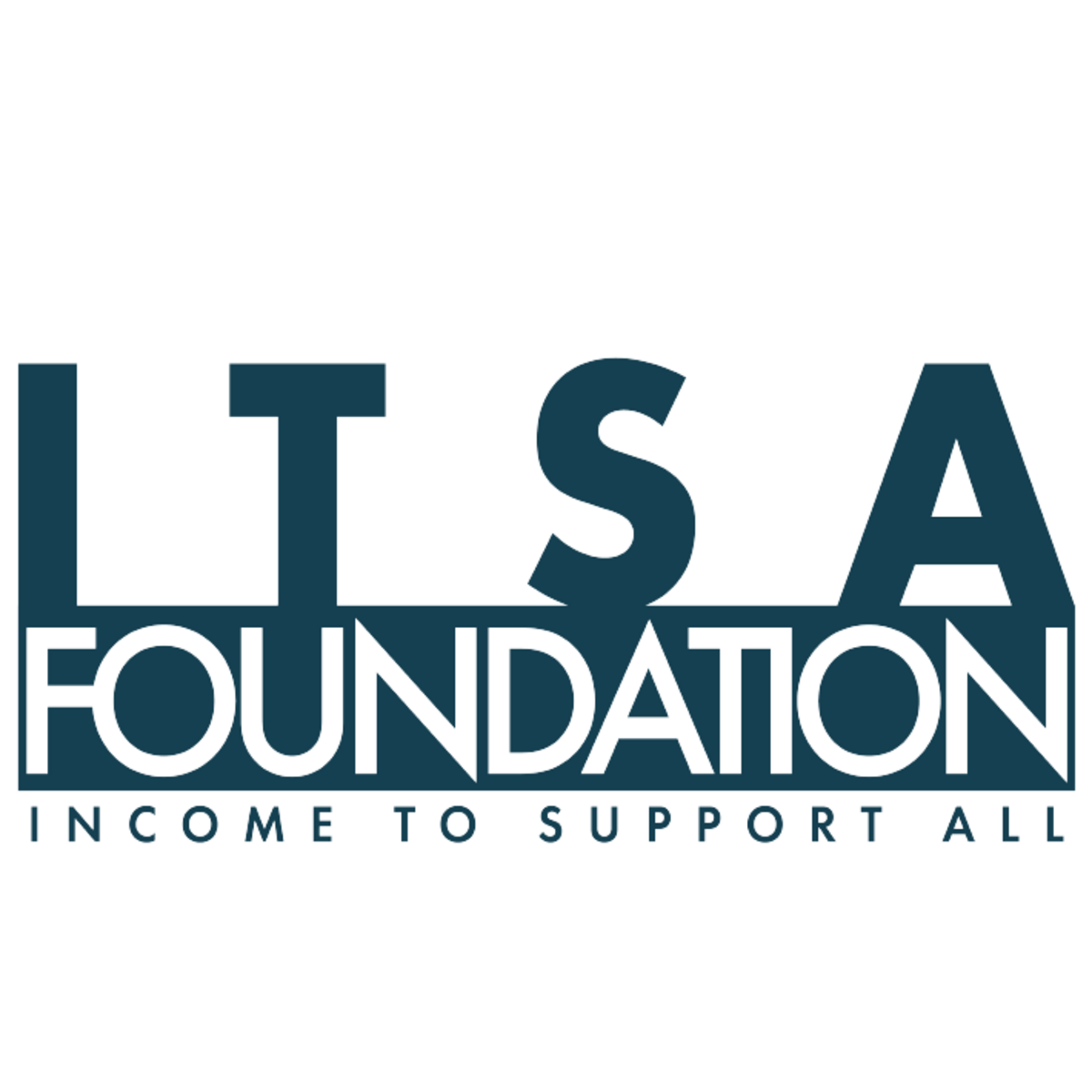Here’s the latest and biggest Basic Income news:
‣ South Africa is voting on May 29 and basic income is basically on the ballot
‣ Texas Supreme Court stopped a basic income pilot from starting
‣ Google funding a 5-year pilot to study impact of basic income on homelessness
‣ Ann Arbor testing impact of basic income on entrepreneurs and gig workers
‣ Review of cash experiments finds that basic income will likely significantly reduce physical violence against women
‣ Scoping review finds basic income will likely significantly reduce gun violence
ITSA News Update:
We held a small private screening in Los Angeles recently of select clips from the Bootstraps docuseries currently in post-production that we’re supporting as one of our first two key UBI projects. It was a great preview of the many conversations it will spawn across the country and even the world as people witness with their own eyes what happens when their fellow citizens start living with a basic income floor.
Help us get this docuseries finished with a donation to Income To Support All Foundation today.
Did you know that many employers have programs that provide matching donations to 501(c)(3) nonprofits? Check this link to see if your employer is one of them. It’s possible that a $250 donation from you could end up being a $1,000 donation to us after a match from your employer and our matching donor who is matching up to $500,000.
South Africa is voting on May 29 and basic income is basically on the ballot [link]
The Universal Basic Income Coalition in South Africa has released a UBI Policy Election Scorecard.
Out of the 19 parties analyzed in the scorecard, 10 have committed to expanding the social protection floor, and 5 have committed to a basic income grant or a universal basic income.
60% of people in South Africa believe the government should introduce a basic income.
Texas Supreme Court stopped a basic income pilot from starting [link]
The Texas Supreme Court blocked Harris County officials from sending basic income payments to families in a new pilot just one day before families were scheduled to begin receiving the money.
1,900 families would have begun receiving $500 a month for 18 months.
The pilot will remain on pause until the Court makes its final determination on the constitutionality of the pilot program.
Google funding a 5-year pilot to study impact of basic income on homelessness [link]
Google is funding a basic income pilot that will provide $1,000 a month to 450 families that have recently experienced homelessness.
Using a randomized controlled trial design, the experiment will study the impacts of basic income on homelessness for 5 years.
The payments will be distributed exclusively to families with one to three months left in their city-funded housing subsidies.
Ann Arbor testing impact of basic income on entrepreneurs and gig workers [link]
A basic income pilot in Ann Arbor, Michigan is focused on the impacts of UBI on entrepreneurs, small business owners, and gig workers.
100 participants are receiving $528 a month for two years.
Review of cash experiments finds that basic income will likely significantly reduce physical violence against women [link]
Researchers looked at the impact of cash transfers like basic income on intimate partner violence across 43 studies and found that physical violence often significantly decreases.
9 of 11 studies also found reduced sex trade interactions.
Scoping review finds basic income will likely significantly reduce gun violence [link]
In a scoping review, researchers found 4 studies that specifically examined the relationship between income support policies and firearm violence. Of those, 3 were conducted in the US and 1 in Brazil. ALL 4 found associations of policy-relevant magnitude between income support policies and reductions in risk of inter-personal firearm violence.
One of the four studies found that a one standard deviation increase in welfare spending was associated with 14% lower firearm homicide rates.
A program that provided $1,000 a month in California resulted in 55% fewer firearm deaths and hospital visits for firearm injury as well as 43% fewer firearm crimes annually due to the program.
Thank you for being a subscriber to the ITSA Newsletter! If you find this newsletter useful, please share it with your friends and family and encourage them to subscribe too.
Scott Santens
Founder & President, ITSA Foundation

